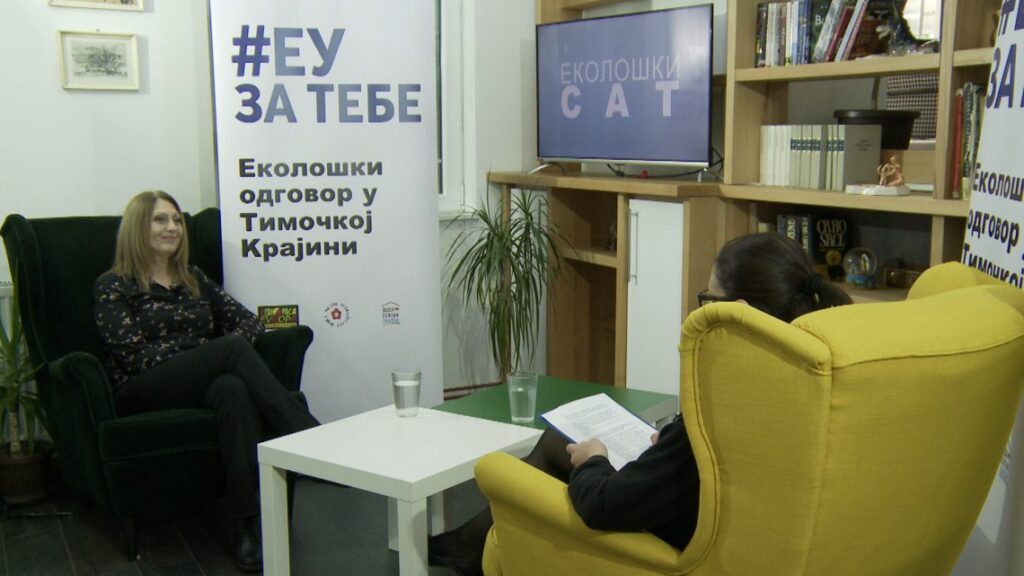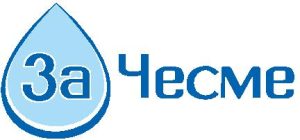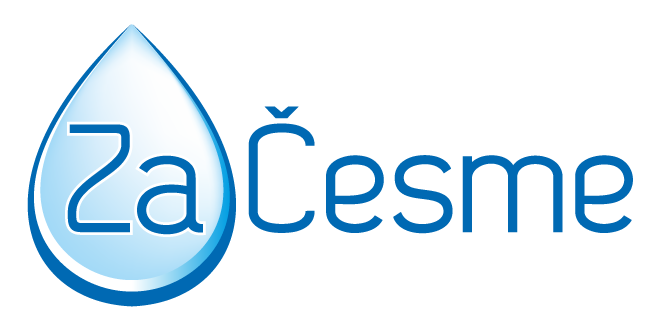
17/05/2023
Ecological Hour: Remediation Possibilities for Destroyed Arable Land in the Borska River Basin (VIDEO)
The theme of the new “Ecological Hour” episode is the devastating impact of mining in Bor on arable land in the Borska River and Timok River basin, as well as the possibilities for land remediation. The guest on the show was Miroslava Marić, a PhD in technological engineering and the author of the master’s thesis “Land Remediation Damaged by Pyritic Tailings” and the doctoral dissertation “Possibilities of Using Some Wild and Cultivated Plants for Soil Remediation.” The “Ecological Hour” is part of the project “Environmental Response to Mining Expansion in Timočka Krajina,” funded by the EU and implemented by the Association “Za Drinking Fountains” in collaboration with partner organizations from Bor and Zaječar.
In the 1960s, due to damage to the flotation tailings pond in Bor, there was an ecological catastrophe as a part of the tailings flowed through the Borska River to the Timok River, destroying two thousand hectares of fertile fields along the way. The Borska River was completely devastated and is now one of the most polluted rivers globally, devoid of any forms of life. The consequences of pollution are also felt in the Timok River, especially in the riverbanks of villages in Bor and Zaječar, where many fields remain unusable due to heavy metal contamination. The show explores the potential of helping this land regain fertility and how to do it, as discussed by PhD Miroslava Marić in her experimental research during her time at the Institute for Agricultural and Technological Research. She later defended her doctoral dissertation on the use of specific plants for soil remediation at the Technical Faculty in Bor in 2014.
“The research we conducted at that time showed that even on such lands, remediation is possible, and the land can be brought back into cultivation. However, due to the high acidity of the soil, resulting from the deposition of pyritic tailings, no plant life can survive. To utilize such land, the acidity can be reduced by adding calcium carbonate and organic matter. By adding mineral substances, it is possible to encourage plant growth, protecting the soil from air pollution. Over the years of such production, the land can be prepared for plant cultivation. Of course, plants grown on such land would not be suitable for livestock feed or further production; instead, they would be burned at designated locations.”
PhD Miroslava Marić also discussed the growing global interest in phytoremediation as a technique for soil pollution remediation. This ecological technique involves finding plants that act as hyperaccumulators, accumulating heavy metals from the soil in larger quantities and environmentally liberating the excess heavy metals.
Unfortunately, despite nearly six decades of the destruction of the Borska River and the agricultural fields it passes through, extending to the Timok River and onward to the Danube, those responsible for pollution and the state have taken no remediation measures. The land remains only in scientific papers, as concluded in the “Ecological Hour” episode.
This show was produced within the project “Environmental response to mining expansion in Timočka Krajina” funded by the European Union, and implemented by the Association “Za Drinking Fountains”, the Association of Young Researchers Bor, Civic Library “Europe” Bor and Children’s Center Zaječar. The content of the text is entirely responsibility of these associations and do not necessarily reflect the views of the European Union.




